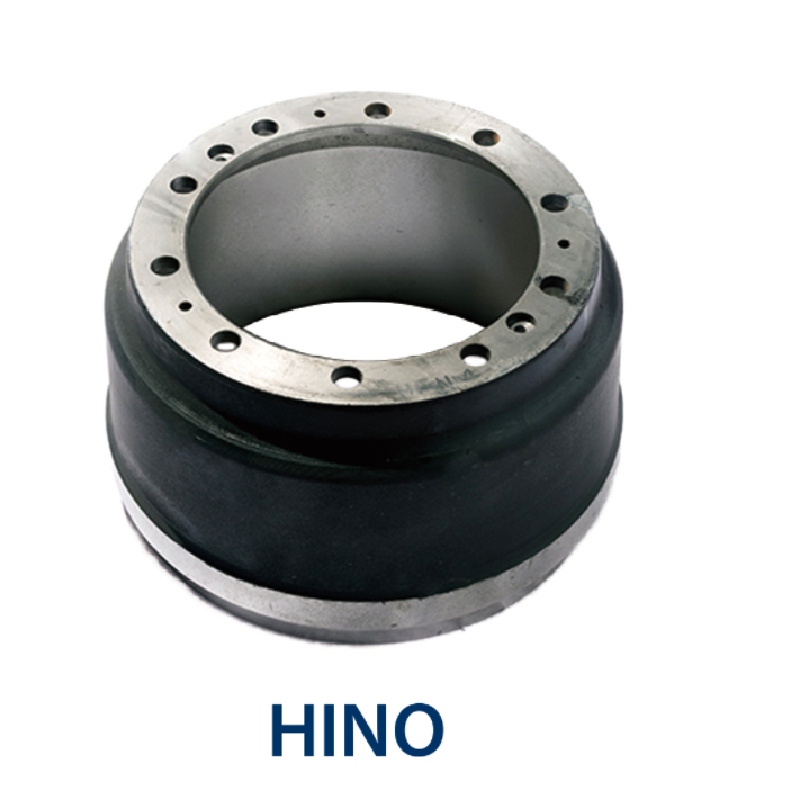Aug . 20, 2024 19:33 Back to list
Steps to Remove Rear Brake Drum Effectively and Safely
How to Get Rear Brake Drum Off
Removing the rear brake drum of a vehicle is a task that may seem daunting, especially for those who are not mechanically inclined. However, with a little patience and the right tools, you can accomplish this task effectively. This guide breaks down the steps necessary to safely remove the rear brake drum.
Tools and Materials Needed
Before you start the process, gather the following tools and materials
1. Socket set 2. Wrench set 3. Screwdriver 4. Pliers 5. Brake cleaner 6. Torque wrench 7. Safety glasses 8. Gloves
Having these items on hand will help streamline the removal process.
Safety First
Safety should always be your top priority. Begin by parking the vehicle on a level surface and engaging the parking brake. It’s advisable to wear safety glasses and gloves to protect yourself from dirt and debris. Additionally, you should use jack stands to secure the vehicle once it is lifted.
Step-by-Step Process
1. Lift the Vehicle
Using a jack, lift the rear of the vehicle. Make sure to position the jack under the manufacturer-recommended lift points. Once the vehicle is elevated, place jack stands to secure it. Avoid working under a vehicle supported only by a jack.
Using a lug wrench, loosen the lug nuts on the rear wheel. It’s easier to do this while the wheel is still on the ground. After loosening the lug nuts, remove the wheel and set it aside.
3. Inspect for Retaining Screws
how to get rear brake drum off

Examine the brake drum for any retaining screws. Some drums may have screws that hold them in place. If your model does, remove these screws using a suitable screwdriver. Make sure to keep these screws in a safe location for reinstallation.
4. Check for a Lip
Over time, brake drums can develop a lip due to wear. This lip may prevent the drum from being removed easily. Use a flat screwdriver or a brake drum puller to apply gentle pressure along the lip of the drum without damaging it. If the drum is stuck, you might need to tap it lightly with a hammer to loosen it.
5. Remove the Brake Drum
With everything cleared, you should be able to slide the brake drum off the wheel hub. If the drum does not slide off easily, check for any additional clips or retaining rings that may be holding it in place.
6. Inspect the Brake Components
Once the drum is removed, take the opportunity to inspect the brake shoes, springs, and wheel cylinder. Look for excessive wear or damage. If you notice significant wear, it may be time to replace these components.
7. Clean the Brake Drum and Assembly
Use brake cleaner to clean the inside of the drum and the brake assembly. This will help maintain the efficiency of your braking system and prevent dust buildup.
8. Reinstallation
To reassemble, simply reverse the steps. Place the drum back onto the hub and tighten any retaining screws. Attach the wheel, lower the vehicle, and torque the lug nuts to the manufacturer’s specifications.
Conclusion
Removing the rear brake drum might take some effort, but by following these steps meticulously, you should be able to accomplish the task successfully. Remember to always refer to your vehicle’s service manual for specific instructions and specifications, as the process may vary slightly depending on the make and model of your car. If at any point you feel unsure about the procedure, don’t hesitate to consult a professional mechanic for assistance. Regular brake maintenance is crucial for ensuring your vehicle's safety and performance on the road.
-
Brake Drum Man - High-Quality Drum Brake Drums & Brake Shoes for Reliable Performance
NewsJun.24,2025
-
High-Quality Brake Drum Kamaz – Durable Drum Brake Drum & Brake Shoe Replacement
NewsJun.10,2025
-
High-Quality Brake Drum Liza for Drum Brake Systems - Superior Durability and Performance
NewsJun.10,2025
-
High-Quality Brake Drum Kamaz – Durable Drum Brake Drum & Brake Shoe Solutions
NewsJun.10,2025
-
Durable Kamaz Brake Drums High-Performance Truck Parts
NewsJun.09,2025
-
Premium Brake Drum Maz Kit with Shoes Enhanced Braking
NewsJun.09,2025
